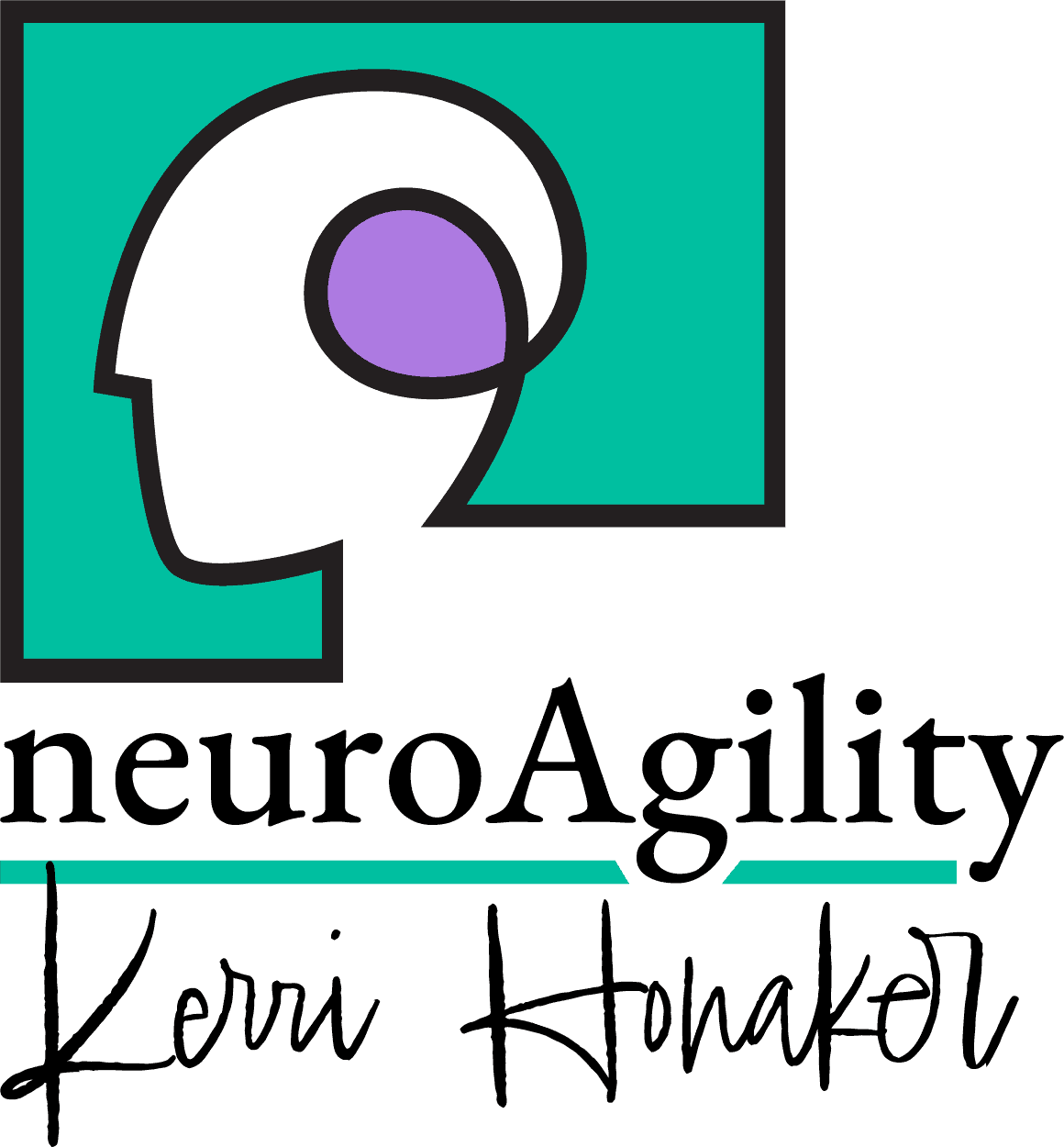Neurofeedback News
-
Why Teenagers Become ‘Allergic’ to Their Parents
·
· TeensThe arrival of spring is often prime time for hay fever, but adolescents seem to be able to develop an allergy to their parents, either intermittent or chronic, at any time of the year. This allergy usually has a sudden onset around age 13 and can last for months or, in some cases, years. While…
-
Want to enjoy the deep, mystical sleep of our ancestors? Turn your lights off at dusk.
·
What if you could meditate like a Tibetan lama with no instruction whatsoever — and without having to subscribe to any religious beliefs? People hear a question like that and, unless they are particularly gullible, they assume they’re about to be scammed. But in this case there is nothing to buy — no tapes, no…
-
Learn How to Do Nothing With the Dutch Concept of Niksen
Instead of constantly occupying your mind with what you need to do next or bouncing from one task to another, niksen is the practice of slowing it all down. As Mecking writes, it’s a welcome reprieve from societal expectations about work and productivity that permeates the culture. Read full article: lifehacker, “Learn How to Do…
-
10 Alternative Therapies for ADD & ADHD
Faced with the dilemma of potential misdiagnosis, conventional drug side effects, and a high rate of conventional treatment failure, I’m going to venture that it’s logical to seek out alternative ADHD therapies and basic lifestyle strategies that can either complement or, in some cases, replace those prescribed by the doctor. Let’s look at a few…
-
CU Boulder to lead Pac-12 research initiative on student-athlete concussions
The Pac-12 Conference announced today that CU Boulder has been selected to lead its Student-Athlete Health and Well-Being Concussion Coordinating Unit (PCCU), a multi-year, multi-site research initiative that will establish best practices and clinical infrastructure for advancing education on traumatic brain injury in student-athletes through the use of SyncThink EYE-SYNC technology, a world leader in…
-
Why Are More American Teenagers Than Ever Suffering From Severe Anxiety?
Parents, therapists and schools are struggling to figure out whether helping anxious teenagers means protecting them or pushing them to face their fears. Read full article: The New York Times Magazine, “Why Are More American Teenagers Than Ever Suffering From Severe Anxiety?”
-
Have Smartphones Destroyed a Generation?
·
· TeensAround 2012, I noticed abrupt shifts in teen behaviors and emotional states. The gentle slopes of the line graphs became steep mountains and sheer cliffs, and many of the distinctive characteristics of the Millennial generation began to disappear. In all my analyses of generational data—some reaching back to the 1930s—I had never seen anything like…
-
No, Your Teen Doesn’t Hate You. It’s Just Summer.
·
· TeensAs summer gets underway, teenagers may be home more often, but that doesn’t necessarily mean you’ll see more of them. If they retreat to their rooms for hours or seem cagey about their plans, don’t take it personally. Following are four truths about teens that may help you and your adolescent coexist. Read full article:…
-
More than a third of teenage girls experience depression, new study says
·
A large new study out this week contains some alarming data about the state of children’s mental health in the United States, finding that depression in many children appears to start as early as age 11. By the time they hit age 17, the analysis found, 13.6 percent of boys and a staggering 36.1 percent of girls have been…
-
When I Was Your Age’ And Other Pitfalls Of Talking To Teens About Stress
·
· TeensIt’s difficult to have a teenager’s mind. The brain develops rapidly during the adolescent years, which partially explains why teens experience anger, sadness and frustration so intensely… During these tumultuous years, hormones surge, bodies change and adolescents must face a number of social and academic challenges, such as managing their relationships, coping with peer rejection…
